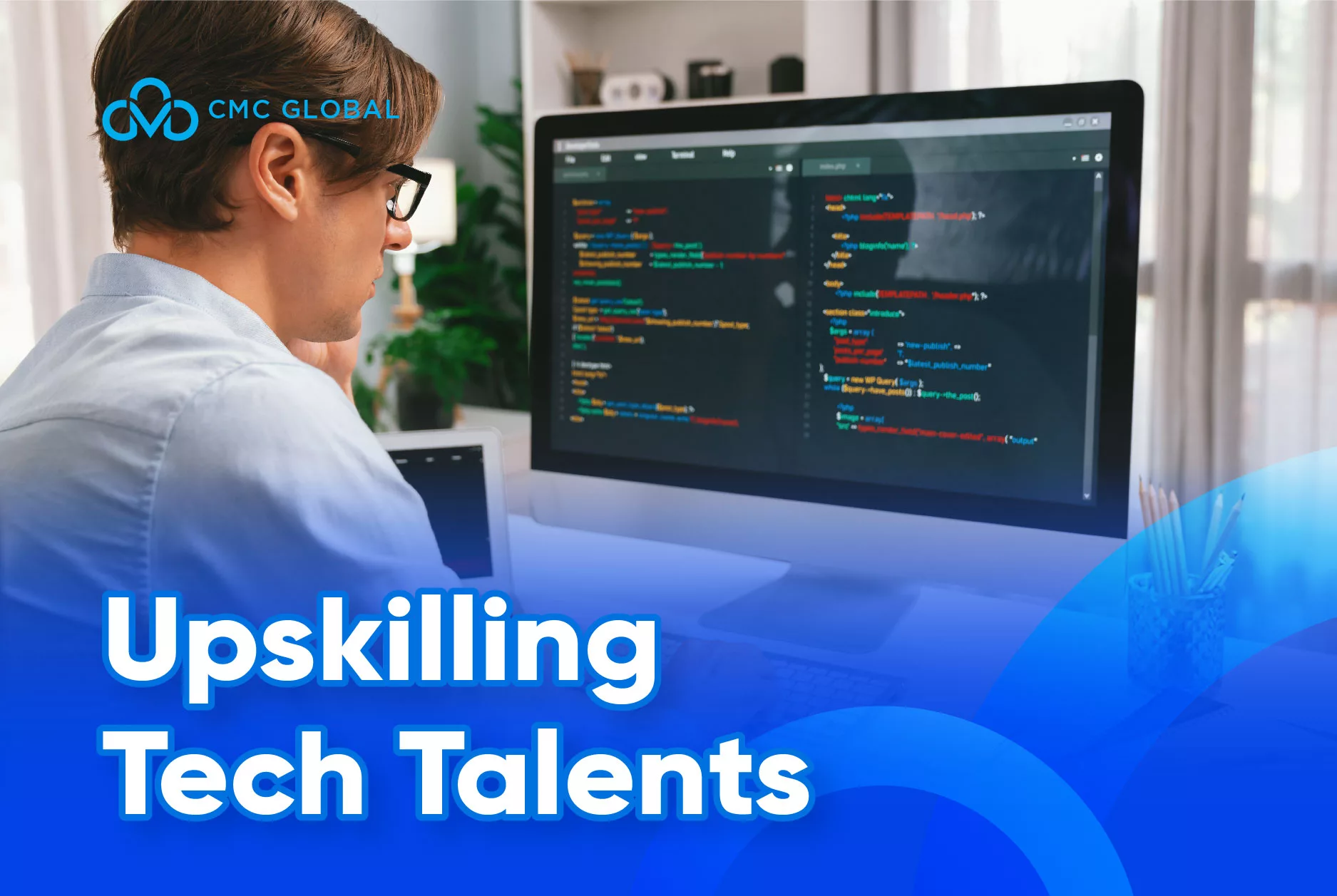For US companies looking to outsource tech development, the equation has long been balanced on the scales of cost-efficiency and access to talent. While these remain powerful drivers, the landscape is shifting. The speed of technological change means that a team skilled only for today’s challenges is a liability for tomorrow’s ambitions.
The most forward-thinking leaders are now reframing their approach, moving from a transactional vendor relationship to a strategic partnership. The focus of this modern model is a strategic investment in upskilling your outsourced tech talent. This is no longer an HR concern; it is a core strategic imperative for building a future-ready business.
The Strategic Imperative: Why Upskilling is Non-Negotiable

The rationale for this investment extends far beyond simply keeping technical skills current. For US businesses, it is fundamentally about de-risking your operation and securing a competitive edge. An upskilled team ensures the platforms powering your business avoid premature obsolescence, directly future-proofing your mission-critical projects.
Furthermore, in a global talent market, the best developers are driven by growth and learning. A commitment to their professional development builds immense loyalty, transforming your company into a ‘client of choice’ and drastically reducing the disruptive attrition that plagues many outsourcing arrangements. This translates into preserved institutional knowledge, fewer ramp-up costs, and a team that evolves from mere executors of a brief to proactive innovators who can suggest better tools and more efficient processes.
A Framework for Action: How to Build a Learning Partnership

Turning the imperative into action requires a structured and collaborative framework. The first step is to abandon a top-down directive in favour of Collaborative Skills Mapping. This means working hand-in-hand with your outsourcing partner to forecast the technological landscape of your project over the next 12 to 24 months.
Together, you must identify the emerging skills: AI and machine learning, advanced cloud security protocols, DevOps automation, or mastery of a specific SaaS platform, that will be crucial for success.
With a clear map of the destination, the next phase is to build the Curated Learning Pathways to get there. This involves moving far beyond a budget for generic online courses. Instead, you should co-develop tailored, role-specific learning journeys with your partner, such as a “Upskilling Path to Azure AI Specialist” or a “Advanced Secure Coding for FinTech Applications” program.
The critical element that separates successful upskilling from a mere training budget is the Integration of Learning into Work. The most effective model to follow is the 70-20-10 framework.

- 70% of learning should happen through challenging, on-the-job projects that are carefully designed to allow team members to safely apply and cement their new skills in a real-world environment.
- 20% should be dedicated to social learning, facilitated through structured pair programming, meticulous code reviews, and regular virtual knowledge-sharing sessions that seamlessly connect your in-house and outsourced teams, fostering a unified culture of growth.
- The final 10% is then reserved for formal training and certifications, giving the theoretical foundation for the practical application to come.
Finally, to ensure this investment is delivering value, you must measure ROI, not just cost. It is essential to define what success looks like in terms of tangible business outcomes before you begin. Are you aiming for a faster time-to-market, a reduction in critical security vulnerabilities, or an increase in innovation-driven features?
By establishing these metrics upfront, you can move beyond tracking mere training hours and instead measure the true impact of upskilling on your project’s performance, security, and competitive edge, justifying the strategic investment with hard data.
Forging a Future-Ready Partnership with CMC Global
The journey to a future-ready team starts with a single step: audit your current partnership. Are you strategically discussing skills roadmaps in quarterly reviews? Challenge us with your vision and ask, “What is your framework for continuous learning, and how can we collaborate?” Choose a partner, not just a provider.
At CMC Global, we embed upskilling into our culture, believing your competitive advantage is directly tied to our talent’s growth. Let’s move beyond transaction to build a partnership where our collective development drives your lasting success.
Contact us now for further consultation!




